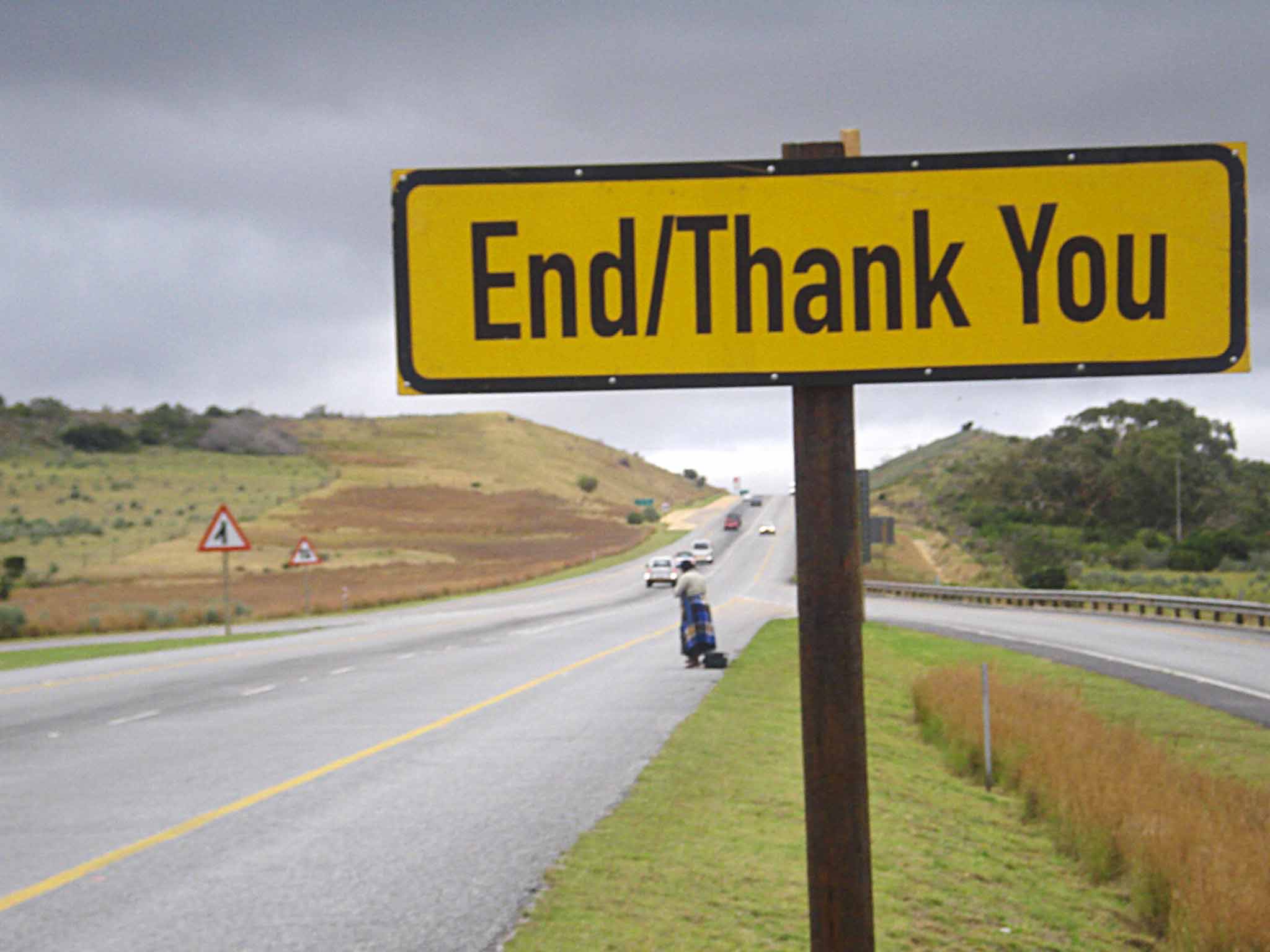South Africa's red tape tangle: Inside Travel
Be aware of a new law affecting young travellers, warns Simon Calder

Your support helps us to tell the story
From reproductive rights to climate change to Big Tech, The Independent is on the ground when the story is developing. Whether it's investigating the financials of Elon Musk's pro-Trump PAC or producing our latest documentary, 'The A Word', which shines a light on the American women fighting for reproductive rights, we know how important it is to parse out the facts from the messaging.
At such a critical moment in US history, we need reporters on the ground. Your donation allows us to keep sending journalists to speak to both sides of the story.
The Independent is trusted by Americans across the entire political spectrum. And unlike many other quality news outlets, we choose not to lock Americans out of our reporting and analysis with paywalls. We believe quality journalism should be available to everyone, paid for by those who can afford it.
Your support makes all the difference.Families travelling to the perennial winter-sun favourite, South Africa, face a tangle of red tape from next month. On 1 October, the republic will apply the most stringent rules yet for families travelling with children and teenagers under 18.
A new law seeks to combat child abduction and trafficking of young people. Any under-18 arriving in South Africa must present a full birth certificate. If both parents are not travelling with the child, the one who is present needs a legally endorsed affidavit from the other parent "authorising him or her to enter into or depart from the Republic of South Africa with the child he or she is travelling with".
In the case of a family break-up, the travelling parent will need to produce a court order granting full parental responsibilities. If one parent has passed away, the surviving parent must show the death certificate. When a child – perhaps a friend of the family – is travelling with adults who are not his or her parents, it gets trickier still. They must present a legal affidavit signed by the biological parents, plus their contact details and copies of their passports.
Airlines serving South Africa have described the new rule as "a tourism, PR, economic and political disaster". They say South Africa will be the only country in the world requiring a birth certificate from under-18s at the time of travel.
The airlines are forecasting "travel chaos", saying that the new rule will result in trip cancellations and unnecessary expense to families. Since airlines are fined for landing people who are found to be inadmissable, they are likely to err on the side of caution at check-in in the UK. Any child whose parents cannot produce the birth certificate will not be allowed on the plane. If a family is turned away, there will be no grounds for compensation.
South Africa Tourism's website, southafrica.net, carries no warning of the change. Instead, it promises "travelling to South Africa is easy and convenient" and asserts that "the country for the most part is superb family holiday territory".
When The Independent asked why the new law is not publicised on the website, South Africa Tourism declined to comment.
Alistair Luxmoore, founder of independent tour operator Fleewinter, said: "It's difficult to argue with an initiative aimed at child smuggling, but we'd rather this problem was tackled globally than by a single destination.
"Small companies like us are doing everything we can to minimise the risk of issues."
How to get a birth certificate
The procedure varies in different parts of the UK. For people in England and Wales the General Register Office online ordering service is straightforward: bit.ly/CertBirth. The standard £9.25 fee has a three-week waiting time. A fast-track service, taking a couple of working days, costs £23.40. In Scotland and Northern Ireland, the options are similar but prices are higher. Alternatively, if you know the register office where the birth was registered, you may be able to ask them to print one out.
Join our commenting forum
Join thought-provoking conversations, follow other Independent readers and see their replies
Comments